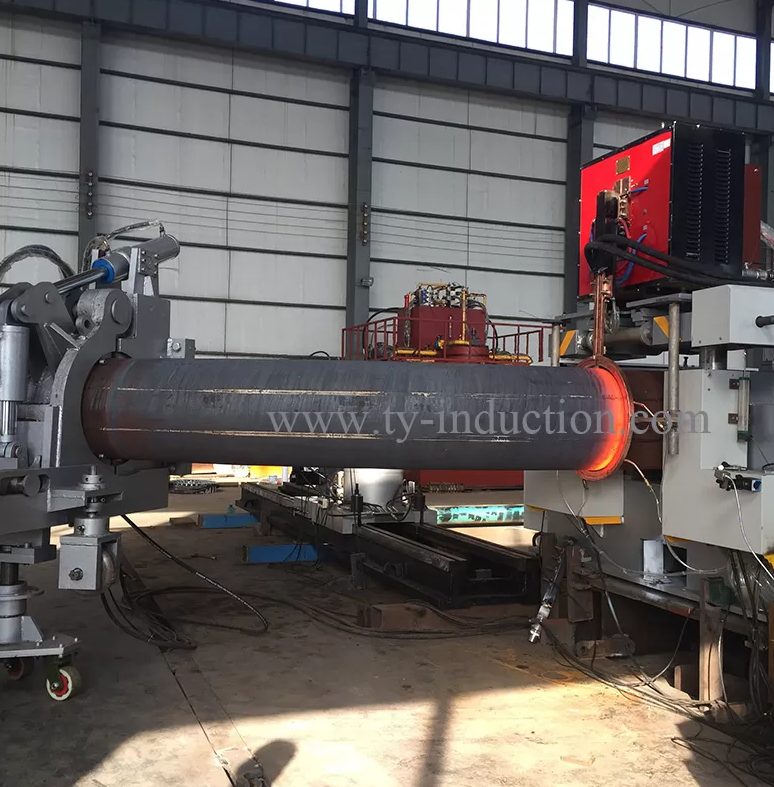Advantages of Induction Heating over Other Heating Methods
Induction heating has emerged as a preferred method for heating in various industrial and domestic applications due to its efficiency and versatility. In this article, we will delve into the advantages of induction heating over other conventional heating methods.
Efficiency and Precision
One of the key advantages of induction heating is its remarkable efficiency. Unlike traditional heating methods such as gas or electric resistance heating, which rely on external heat sources, induction heating generates heat directly within the material being heated. This results in minimal heat loss to the surrounding environment, leading to higher energy efficiency and lower operating costs.

Rapid Heating and Control
Induction heating offers rapid and precise heating capabilities, making it ideal for applications where time and temperature control are critical. With induction heating, materials can be heated to their required temperature in a fraction of the time compared to conventional methods. Moreover, induction heating allows for precise temperature control, enabling uniform heating throughout the material without hot spots or uneven heating.
Additional resources:Why do collisions occur during the CNC machining process, and how can they be avoided?
Clean and Environmentally Friendly
Unlike combustion-based heating methods, such as gas or oil furnaces, induction heating does not produce any harmful emissions or by-products. This makes it a clean and environmentally friendly heating option, suitable for various applications where environmental regulations are stringent. Additionally, the absence of combustion processes eliminates the risk of carbon monoxide or other toxic gases being released into the atmosphere.
Versatility and Adaptability
Another advantage of induction heating is its versatility and adaptability to a wide range of materials and applications. Whether heating metals for forging and heat treatment, melting metals for casting, or brazing and soldering applications, induction heating can accommodate various materials and shapes with ease. Furthermore, induction heating systems can be tailored to specific heating requirements, allowing for customization based on the unique needs of each application.
Reduced Maintenance and Downtime
Induction heating equipment typically requires minimal maintenance compared to traditional heating systems. With fewer moving parts and no combustion processes involved, the risk of component wear and tear is significantly reduced. This results in lower maintenance costs and less downtime for repairs, contributing to increased productivity and operational efficiency.
Conclusion
In conclusion, induction heating offers numerous advantages over other heating methods, including efficiency, precision, cleanliness, versatility, and reduced maintenance requirements. These benefits make induction heating an attractive option for a wide range of industrial and domestic heating applications, driving its widespread adoption across various industries. As technology continues to advance, the potential for further improvements in induction heating systems promises even greater efficiency and performance in the future.



